Homer Never Imagined This Odyssey
I’ve read a bunch of books by Arthur C. Clarke, including the Rama series, but I never managed to read the Space Odyssey series. Well I finally got around to starting it with 2001: A Space Odyssey. The book I have is nice because it has a special introduction form Clarke that gives all sorts of interesting information. I had forgotten that Clarke built the book on his short story “The Sentinel” along with many other stories and new ideas. The most interesting thing is that Clarke and Stanley Kubrick worked together to make the screenplay and Clarke wrote the book at the same time. Clarke even indicates that the movie came out first because Kubrick didn’t finish reviewing papers Clarke sent to him. Also the Apollo 8 crew got to see an early showing of the “2001” movie before they launched for the moon. They later told Clarke that when they rounded the back side of the moon they had been tempted to radio back the discovery of a large black monolith. But on with the rambling at hand.
I’ve seen the movie a few times, so I was interested in the differences between it and the book. First a little background on the book/screenplay. Clarke and Kubrick started discussing and working on it in ’64. Since it draws on some previous stories it really sits at the end of the Golden Age of Science Fiction and just before the beginning of the New Wave. The book is very Clarkian, if I can use that word. It deals with big themes and ideas, astoundingly competent science for the day it was written, and questions the very essence of humanity and our place in the universe. The book differs from the movie in that the final destination is Saturn not Jupiter. In the book Jupiter is merely used as a gravitational slingshot to reach Saturn. Kubrick apparently changed this when he found out there was no appealing way to create Saturn’s rings onscreen. There are some differences with how the events unfold with HAL and the deaths of all the other astronauts, but other than that most of the story is the same.
The book is actually far shorter than I was expecting. It is probably one of the shorter big name Clarke books I’ve read, besides Childhood’s End. You can tell it’s earlier in his career while you are reading the book. The characterization isn’t as good as it becomes later, and the sexual events and overtones are not there. It all reflects the dying embers of the Golden Age. When reading the book one must remember that man had yet to set foot on the moon, and we had sent to probes beyond Earth’s gravity field. All of Clarke’s descriptions of the Jovian and Saturn systems are astounding. Any small errors one detects must softened by the realization that the systems had only been observed from Earth based telescopes. Clarke even admits in the foreword that some have criticized him for revealing too much in explanations of what was happening. I disagree, but to each their own.
Basically, if you like Clarkian books then this is a must read. Besides, it’s a 4 book trilogy that started as a single screenplay/book.
Labels: books, science fiction


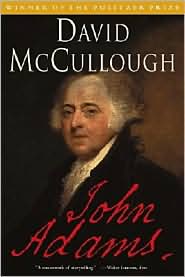
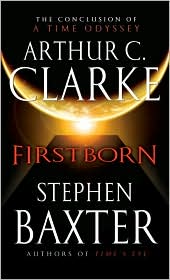
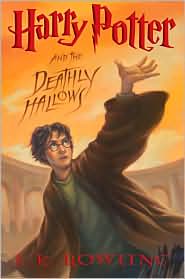
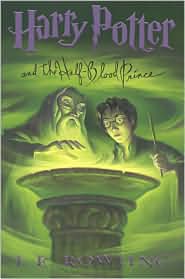
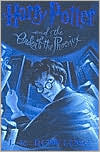

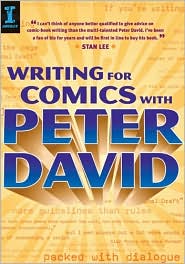
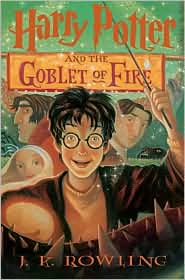
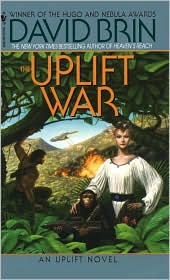
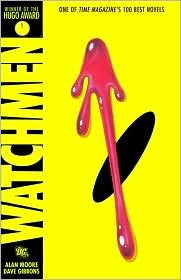

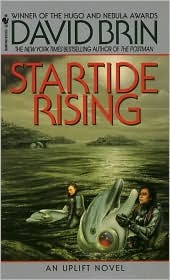



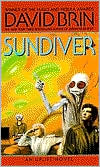



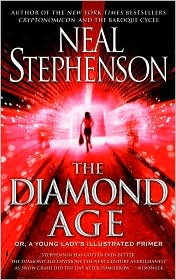








0 Comments:
Post a Comment
<< Home